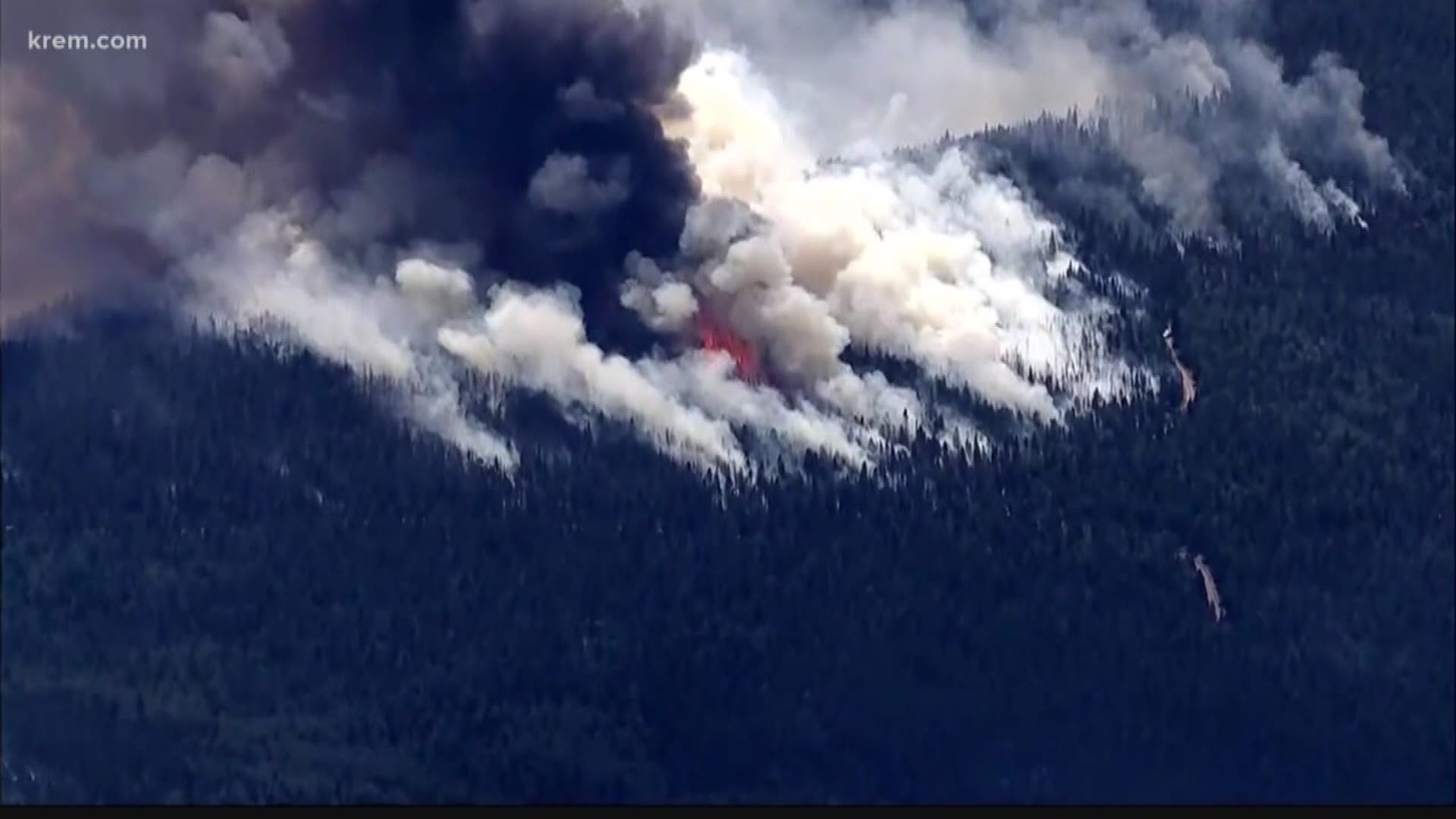Wildfire season is upon us.
According to the Hilary Franz, who leads the Washington Department of Natural Resources as its Commissioner of Public Lands, there have already been 239 fires. This is a record-setting pace.
But the state will be tackling the problem without dedicated money that Franz had requested heading into the legislative session.
A Senate bill would have increased tax rates on casualty and property insurance premiums, from 2 percent to 2.5 percent, raising roughly $65 million.
The money would have been placed into a dedicated wildfire account that would help fight fires, buy new equipment and increase prevention tactics.
The bill did not make it out of committee.
"Obviously we have more work to do on educating our legislators and our communities about why we need a dedicated revenue stream," Franz said.
She argues the current funding model is reactionary and that dedicated revenue would improve prevention. For example, it could help the state to rapidly clear forests of the kind of dead wood that sparks the most dangerous wildfires.
"The question is whether we're going to pay to react in the face of damage and destruction and potential risk of lives to our public and our firefighters, or whether we're going to pay to proactively to get in and treat our forests, make them more resilient," Franz said.
The state has multiple long-term plans to reduce the impact of wildfires but Franz says they're difficult to execute under the current funding model.
"The reality is if every year I'm having to fight for dollars, and significant dollars, it is difficult to be able to plan," she said.
Despite not getting the specific revenue stream, Franz says the state is providing more money for wildfires than they ever have before – roughly $50 million from the general fund.
By the end of the summer this money will have allowed for a significant increase in the number of firefighters and helicopters.
That's likely to be necessary, as this season is already off to a hot start.
"We are still right now getting ready for this fire season," Franz said. "It is looking like it is going to be a very challenging one."
She said the conditions are looking to be extra hot and dry this year, so this record-setting pace may well keep up through the summer.

